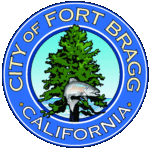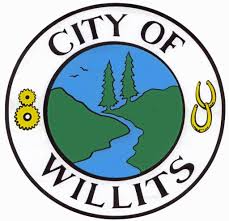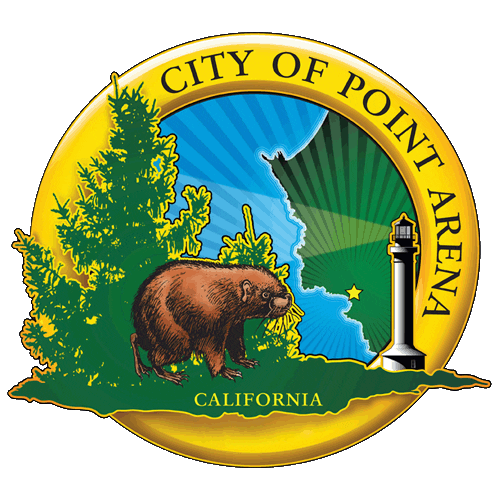Em·pow·er (v)
About our vision
The economic challenges of rural Mendocino County are similar to many other rural California counties.
MOVE 2030 was created to establish a vision that lays the groundwork for a more resilient economy created through public and private partnerships to provide a healthy economy that benefits all.
Our vision
By 2030, Mendocino County will have a more resilient economy created through partnerships among private sector, government, nonprofits and the community. Working together they will ensure a sustainable, ecologically sound and diverse industry base is created to provide a healthy economy that benefits all.
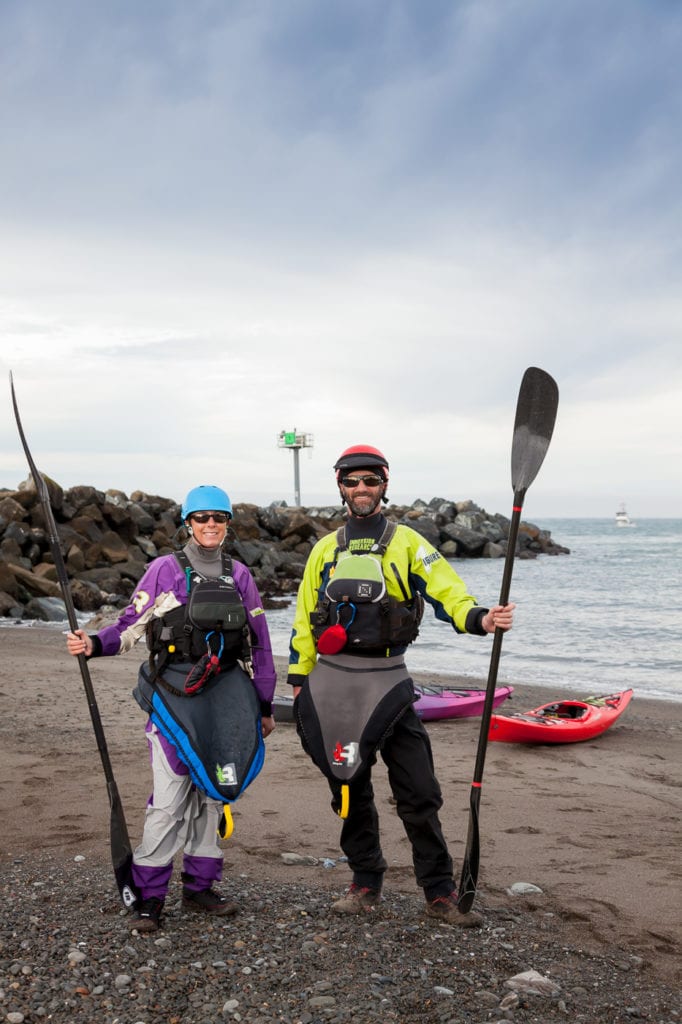
PHASE ONE - Governance
In this phase we established a steering committee consisting of county, city, and economic development agencies for oversight. West Business Development Center (West Center) will lead the development of the process to create a formal plan and roadmap for the next decade to ensure Mendocino County’s economic resiliency in the face of changing climate, shifting demographics, technology, and now, health safety.
The focus will be in three areas:
- Understanding our assets
- What is changing in our world
- How to collaborate to make change possible
Go To >> Steering Committee
PHASE two - Research
The first phase of the plan included data gathering by the Economic Development and Financing Corporation (EDFC) , which reviewed 11 economic indicators and interviewed more than 15 key business owners, industry leaders, and stakeholders. In January 2019, EDFC then held an Economic Summit to gather additional community input. The culmination of these efforts produced the 2018–2019 Economic Assessment Report.
The Industry Clusters and Employment Multipliers Key Findings report summarizes industry cluster and regional economic specialization in Mendocino County and the area composed of Mendocino, Sonoma, Humboldt, and Trinity counties. It analyzes the regional economy in a variety of ways, using location quotients, industry employment trends, occupational analysis, wage levels, and employment multipliers. The Economic Resilience Analysis report provides research on current macro trends impacting our rural economy as well as analysis and recommendations on areas of focus to mitigate the more challenging trends and to ensure future growth.
See >> 2018-2019 Economic Assessment Report
See >> Industry Cluster Study

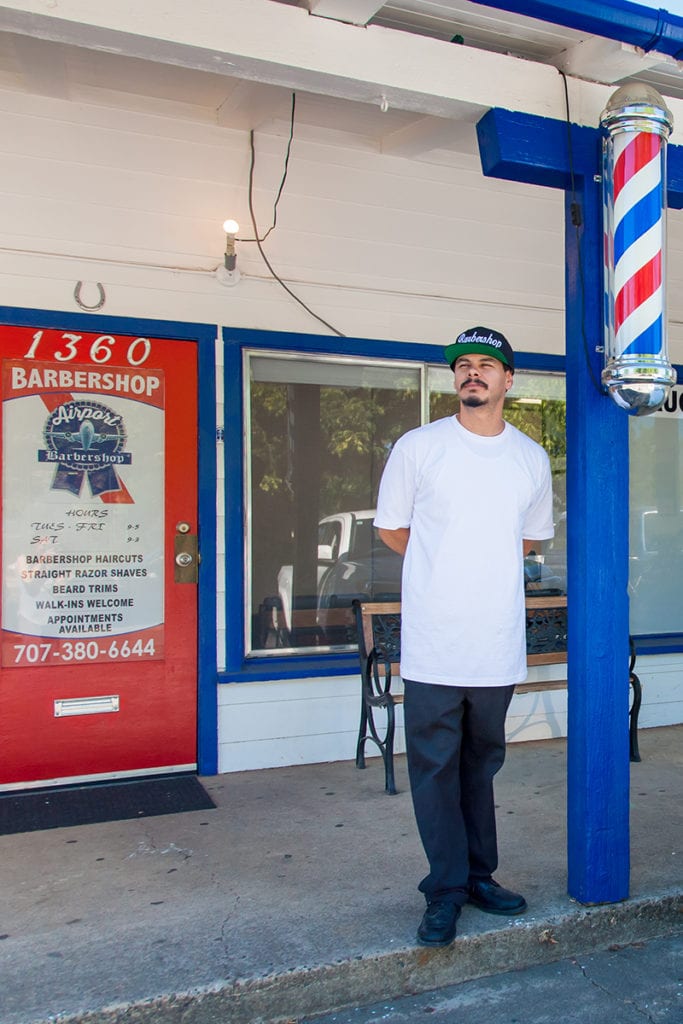
PHASE three - Community
With a kick-off community event on August 10, the Mendocino community and a variety of organizations were invited to participate in a series of workshops over the following two months. The participants formed Action Teams whose goals were to identify challenges, develop and prioritize solutions, and detail the solutions into a document containing action items with achievable tasks.
The Action Teams focused on four key areas:
- Entrepreneurship and business expansion
- Diversify industries
- Green infrastructure
- Technology implementation
Participants came from a mix of business, government, and the nonprofit sector and included business owners, the employed, and the self-employed. As a consequence, this action document captures the input of many voices and diverse backgrounds. This non-traditional approach resulted in a truly “Mendo Made” document that offers both practical solutions as well as a couple of very ambitious efforts/ideas, and many little gems not normally found in a typical economic development study.
Parallel to the Action Teams, two sets of industry round tables are being held and an industry survey is being conducted to complete this task.
PHASE four - Recommendations
The work in this section concludes with a presentation to the County Board of Supervisors. The intent is for the plan to be used as part of the county strategic planning process and to act as a guide for other governmental agencies and organizations to ensure a common vision and collaborative working environment.
Foundational
- Develop local talent, everywhere
- Streamline and automate the permit/license processes
- Utilize technology to improve service delivery and better customer service
- Common consistent and regular data collection
- Coordinated effort to secure investments/grants/funding
Transformational
- Uncover and develop assets with economic potential
- Revitalize growing communities of commerce
- Establish an economic development hub
- Provide timely, accurate, and coordinated communications
- Co-create regional projects with multi-county engagement
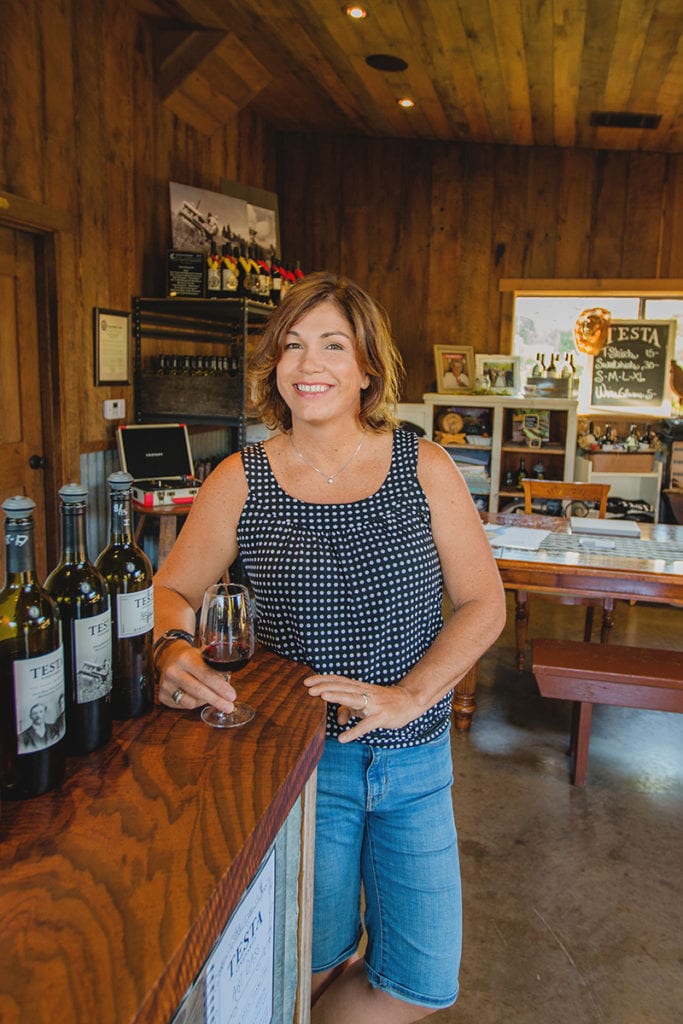
MOVE 2030 Steering Committee

Hon. Dan Gjerde
4th District Supervisor

Hon. Ted Williams
5th District Supervisor

Carmel Angelo
Chief Executive Officer

Brent Schultz
Director Planning & Building Services

Darcie Antle
Deputy Chief Executive Officer

Mary Anne petrillo
Chief Executive Officer

Paul Garza, Jr.
Chairman of the Board
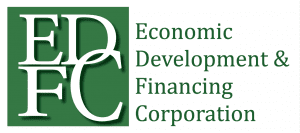
Jesse Burnett II
Interim Executive Director

Diann Simmons
Operations Manager

Megan Barber-Allende
Chief Executive Officer

Jeff Tyrell
Project Manager

Stacey Caico
Business Services Manager
